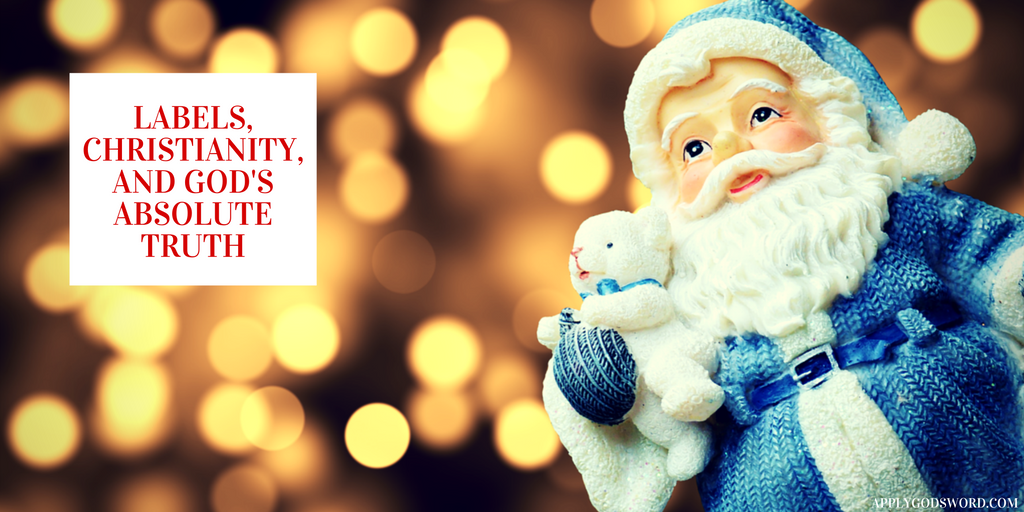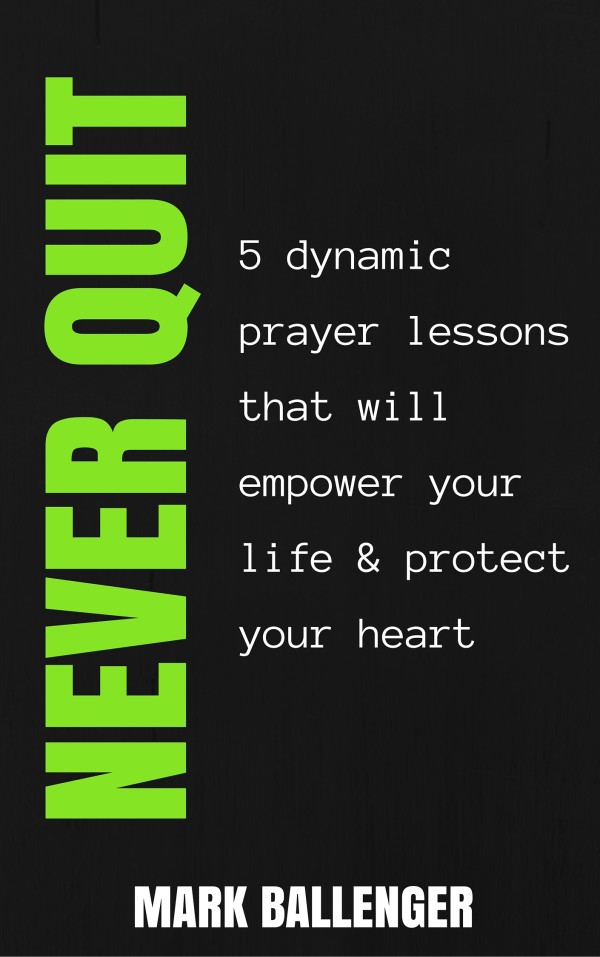
We all have labels. Some are taken on by ourselves while some are given to us. You can be Republican, Democrat, Liberal, Buddhist, Hindu, Mormon, American, Chinese, and even Christian. What happens, though, is that no one, on their own, is a pure spirit. We are all a mixed breed. A man may be a conservative, but he may also have a few liberal exceptions to his political ideologies.
In the world, the meaning to labels will always be changing. What “conservative” meant fifty years ago doesn’t mean the same thing today. However, this principle does not carry over into the spiritual world and biblical framework God has given us.
Spiritually and biblically speaking, the problem we face with labels is not with how they limit us but with how we seek to expand their meanings. When you are no longer defined by a biblical label, you must not seek to change the meaning of that label but rather the label with which you identify. The non-Christian will throw up their arms at this statement because they refuse to be limited by anything. They feel it’s their right to attach whatever meaning they like to whatever label they desire because they don’t believe in one absolute truth (postmodernism).
Therefore marriage to an unbeliever is different than what marriage is to a Bible-believing Christian. Christmas is no longer about Jesus incarnation and virgin birth but now just another holiday like all the other happy little holidays. Easter is still called Easter, but it’s no longer about the resurrection; now it’s about bunnies and candy (for some weird reason). The world loves to change meanings on words and labels. Christians, however, are bound by truth and thus they cannot embrace the postmodern tendency to keep labels and change their meanings. Christians must keep meanings and realize that the labels must change if the substance is now different.
Christians are governed by God through his perfect Scriptures, so they know in their hearts they cannot change what has already been written. There is one truth, not many. Therefore, there is one definition to the labels given in the Bible. Marriage will always be the same. A man will always be what a man has always been. A woman will always be what a woman has been. Christmas and Easter are not words you will find in the Bible, but the truths these holidays celebrate will never change even though the world wants to change the meaning of these holidays.
The Bible makes it simple for us and gives very general labels. Based upon our standing through Christ, we are either saved or doomed, sinners or saints, Spirit filled or fleshly controlled, holy or unholy, etc.
Labels will always be misleading to some degree, but labels will always be a necessity, especially when it comes to Christianity. The difference between being identified as a biblical Christian and so many other labels in the world is that a Christian can’t be both.
You can be a Republican with some Democratic beliefs, you can be Chinese with some Hispanic in your genes, but to be a Christian means you can never be something else also which contradicts Christ. Jesus, the one who puts the “Christ” in “Christian” said as clear as can be said, “I am the way and the truth and the life. No one comes to the Father except through me” (John 14:6).
Sure there are some points to debate between Christians but there are also points which if you error simply make you non-Christian. 1 John 4:2-3 explains, “This is how you can recognize the Spirit of God: Every spirit that acknowledges that Jesus Christ has come in the flesh is from God, but every spirit that does not acknowledge Jesus is not from God.”
Whether we like it or not, when it comes to Christianity as a label, we must never try to attach additional meanings to it. If you have contentions with Christ, you must take on another title. You can argue what it means to be Baptist, Presbyterian, Catholic, or Buddhist, but when it comes to being a Christian there should be no debate. For the only thing that makes a Christian Christian is the belief in Jesus as God, a devotion to Jesus Christ, and faith in him who came down to earth as the only way to save sinners, all for the glory of the Father.
Let us, therefore, be defined only by him. We must seek to know Christ above all things.The question should not be “Who are you?” but rather “Whose are you?” To be Christian is to believe in Christ and know him personally, seeking to love and obey him all your life.
Christ will always be the dividing line. Therefore, may we find ourselves not with the correct label but with the correct relationship to Christ. In the end, when we stand before God, we will all be defined by this alone.
